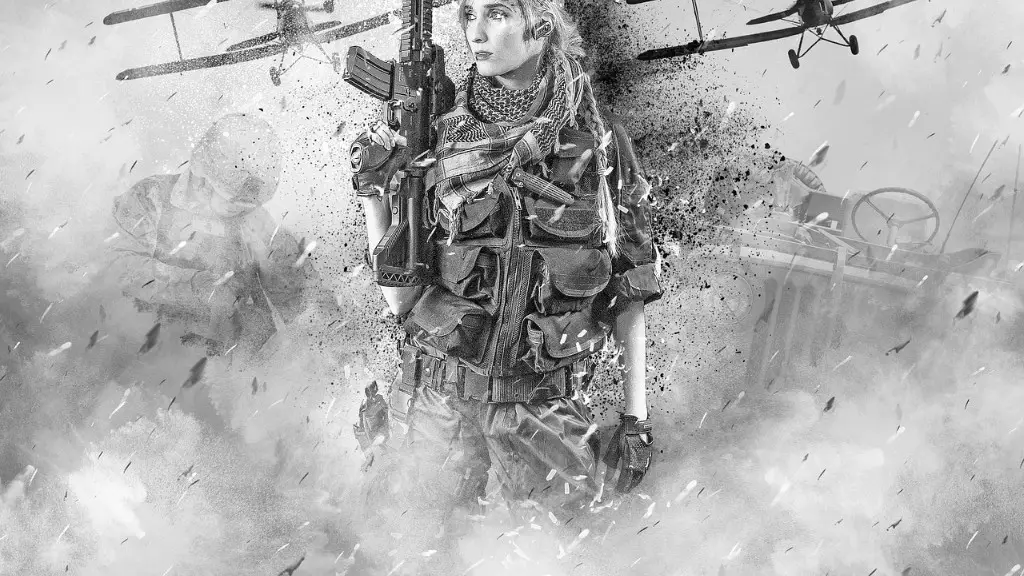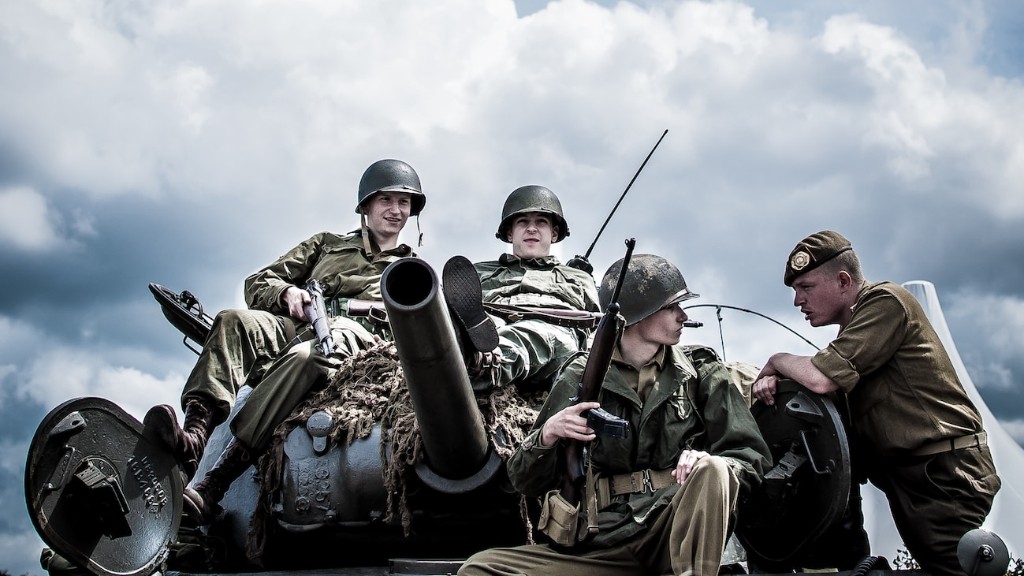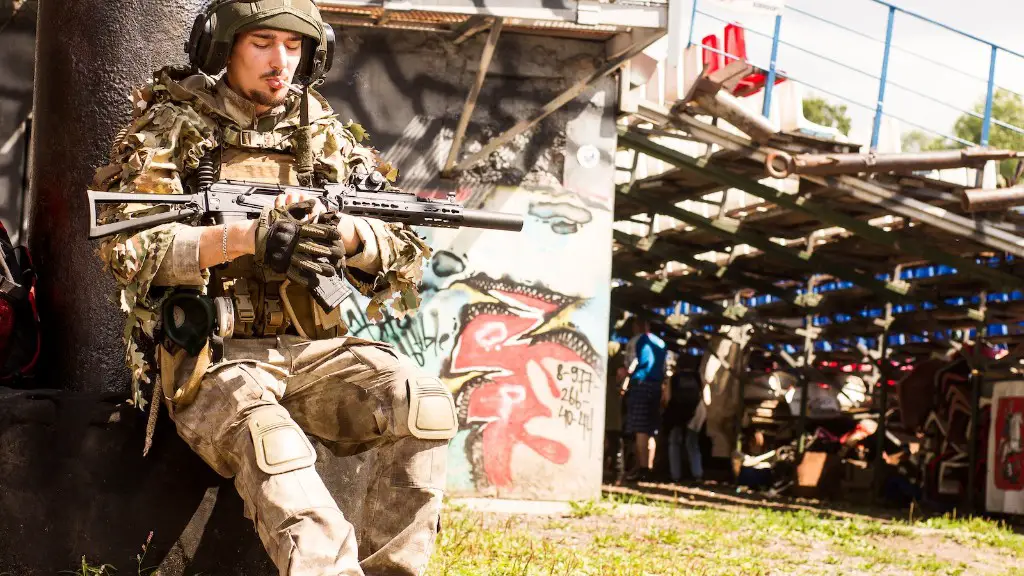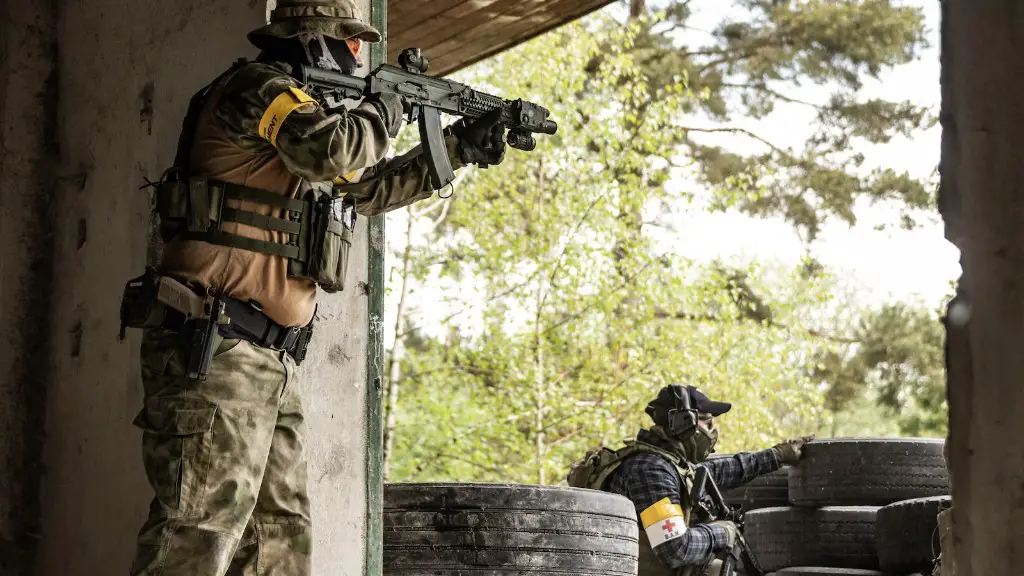In the French and Russian Armies, a mutiny is a refusal of soldiers to obey orders or go on with their duties. It usually occurs in response to intolerable conditions, such as poor food, living conditions, battle conditions, or treatment by officers. Mutinies can also happen when soldiers are not paid, or when they feel that they have not been given proper credit for their work. In some cases, mutinies are caused by a change in command, or by the introduction of new technologies that the soldiers do not understand.
The French and Russian Armies were both affected by mutinies during World War I. In the French Army, mutinies broke out in 1917 in response to poor conditions and heavy casualties. The mutinies were put down by the military, but they damaged the army’s morale and reputation. In the Russian Army, mutinies also broke out in 1917 in response to poor conditions and heavy casualties. The mutinies were not put down by the military, and they played a role in the Russian Revolution of 1917.
What were the causes of the French army mutinies?
The Nivelle Offensive was a plan by French Commander-in-Chief Robert Nivelle to break through the German defenses in the Artois region of northern France in the spring of 1917. The offensive was preceded by a massive artillery bombardment that was intended to destroy the German defenses and allow the French troops to advance quickly. However, the bombardment failed to achieve its objectives, and the French troops were unable to break through the German defenses. This led to widespread disillusionment among the French troops, who began to mutiny.
The mutinies were also fueled by pacifism, which was stimulated by the Russian Revolution and the trade union movement. Many French troops were disappointed that the American troops had not arrived by the time the offensive began. This was a factor in the decision of some troops to mutiny.
The Junker mutiny was a counterrevolutionary mutiny of military school cadets in Petrograd against the Bolsheviks in October 1917. The cadets opposed the seizure of power by the Bolsheviks.
What was the mutiny in the French Revolution
The Nancy affair was a military mutiny that was crushed in France on 31 August 1790. This mutiny occurred two years before the final overthrow of the French monarchy. The mutiny was started by soldiers who were stationed in Nancy, France. These soldiers were upset with the living conditions that they were facing. The soldiers also felt that they were not being paid enough. The mutiny was quickly put down by the French government.
The La Courtine mutiny was a little-known event that occurred during the summer of 1917. Russian troops stationed at the La Courtine camp revolted against their commanders, resulting in a number of casualties. The mutiny was eventually put down, but it remains one of the least-known events of the First World War.
Why did the army mutiny happen?
The revolt of 1857 was largely due to the fact that the common people were unhappy with the way the East India Company was collecting taxes. Many of them joined the revolt out of loyalty to their old rulers or simply to engage in looting. However, there were also those who joined for religious reasons. In any case, the main goal of many of the rebels was to destroy the system by which the Company collected taxes.
A mutiny is a revolt against an authority figure or an established order. It usually occurs when a group of people feel that they are being treated unfairly or that their situation is intolerable. Mutinies can occur in military units, among crews of ships or airplanes, or in other types of organizations.
Why did the Russian army mutiny in 1917?
The Tsarina was very unpopular and seemed to be under the control of the equally unpopular mystic Grigori Rasputin. With little food, no ammunition or even proper uniforms, Russian soldiers began to mutiny in their thousands. Strikes and protests in Russia saw no reforms from the government.
The Russian army was in a state of complete collapse by the end of 1916. The war had taken a huge toll on army morale, as well as on Russia’s home front. The country was in complete disarray, and the army was in no condition to fight.
What happened to the Russian army during ww1
The Russo-Japanese War was a military conflict fought between the Russian Empire and the Empire of Japan from 1904 to 1905. The first phase of the war ended in a Russian defeat by the German Empire in the Battle of Tannenberg (1914). In the west, a Russian Expeditionary Force was dispatched to France in 1915 in an effort to help the Allies win World War I. However, the Russian Revolution of 1917 led to the collapse of the Imperial Russian Army and the dissolution of the Russian Empire.
The Mutiny of 1857 was a turning point for British rule in India. While it did not lead to an immediate withdrawal from the country, it did prompt a reassessment of colonial policy. The British began to search for ways to improve their governance of India, leading to the establishment of the British Raj in 1874. This period saw a marked improvement in the relationship between the British and the people of India, though tensions would continue to exist.
What is mutiny very short answer?
A mutiny is a rebellion against authority, like when sailors overthrow the captain of a ship or when a class of 8th graders refuses to dissect a frog in biology class. Mutiny comes from an old verb, mutine, which means “revolt,” and a mutiny is still like a revolt.
Mangal Pandey is credited with starting the Sepoy Mutiny on 29th March 1857 when he refused to use the new cartridges greased with animal fat. The sepoys were unhappy with the new cartridges, which they believed were greased with beef and pork fat, and thus went against their Hindu and Muslim religious beliefs. Pandey’s actions started a chain reaction of mutinies and violence that would eventually lead to the downfall of the British East India Company.
Was there a mutiny on a Russian ship
The Storozhevoy was a Soviet Navy Project 1135 Burevestnik-class anti-submarine frigate that was attached to the Soviet Baltic Fleet. The ship was based in Baltiysk and was involved in a mutiny led by Valery Sablin in November 1975.
The Potemkin Mutiny was a seminal event in the Russian Revolution of 1905. On June 17th, 1905, a group of Russian sailors aboard the battleship Potemkin mutinied against their officers, throwing some of them into the Black Sea. The sailors then set up a free-speech soviet (council) to run the ship under the red flag of revolution. This act of defiance inspired other workers and soldiers to join the revolution, ultimately leading to the ousting of the Tsarist regime.
What happened to the White Russian Army?
In 1919, the White Army was able to make some significant gains in the Russian Civil War. However, they were ultimately defeated and forced back to Far Eastern Russia. They continued fighting until October 1922, when the Japanese withdrew. At that point, the Soviet army of the Far Eastern Republic reclaimed the territory.
Mutiny is a serious crime in the US military. If a service member commits mutiny, attempts mutiny, or even fails to report a mutiny, they can be punished by death or other punishment as directed by a court-martial. This crime is taken very seriously by the US military, and anyone convicted of it will face severe consequences.
Warp Up
The French and Russian armies were both affected by mutinies during the course of World War I. For the French, the largest and most significant mutiny occurred in the spring of 1917, when several thousand soldiers refused to return to the front line after leave. This mutiny, which was put down by the French military, caused a great deal of political upheaval in France and ultimately led to the fall of the French government. The Russian army was also affected by mutinies, which became increasingly common as the war dragged on and morale deteriorated. These mutinies often took the form of soldiers simply refusing to fight, and they had a significant impact on the Russian war effort.
Mutinies had a devastating effect on both the French and Russian armies. In the case of the French army, mutinies led to the loss of key battles and ultimately the fall of the empire. In the case of the Russian army, mutinies led to the collapse of morale and a loss of faith in the government.





